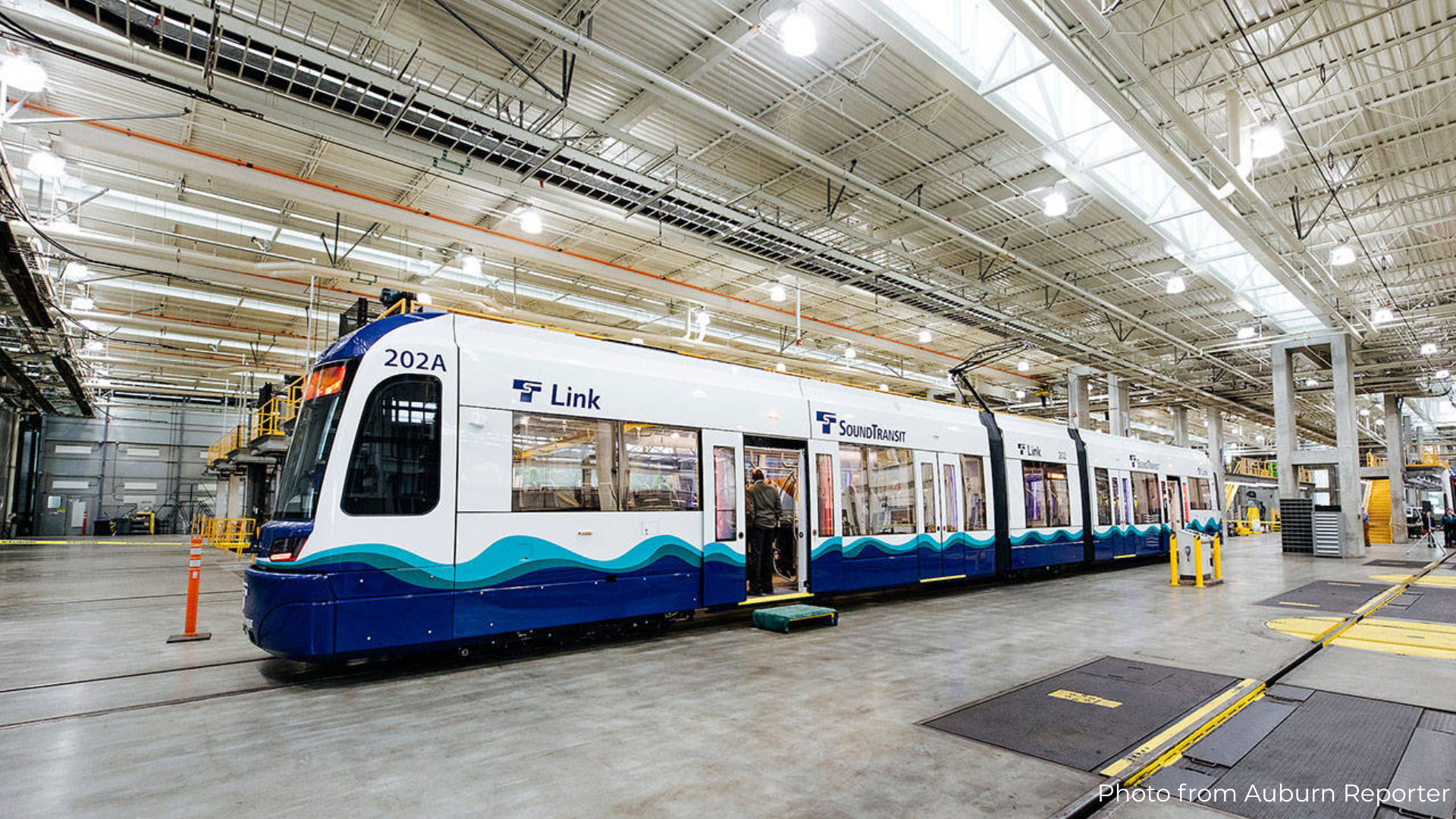Steve Turcott has admired and appreciated the work the state Department of Transportation (WSDOT) has done for many years. “I fell in love with WSDOT as a second-grader, traveling from Federal Way to Okanogan County to visit grandma and being impressed with the snowplows in the passes,” he said. His respect for WSDOT grew as he worked for 32 years as a trooper for state patrol (WSP) in the passes, where he was “grateful for the work done by those snowplow operators.” When he retired from WSP, he joined WSDOT as their Eastern Washington Emergency Manager, starting in January 2018. In March 2020, he began 19 months of telework, doing everything that was required of his position – virtually.
When the vaccine mandate was rolled out for state employees, he submitted a religious exemption, which WSDOT leadership approved but chose not to accommodate. Steve was fired on October 18th, along with more than 400 other WSDOT employees.
Despite WSDOT's claims that the accommodation process is interactive, Steve is yet another employee who experienced the opposite. "I have a document from [WSDOT] in which they insist they provided [an interactive] process, but most of what they described involved interaction by people at headquarters and no interaction with me," he said. "The only interaction with me was the result of MY request for a hearing, and that happened after they denied my request to continue teleworking and after they decided to fire me. The way I read the EEOC standards, that’s not what’s meant by ‘a flexible, interactive process to identify workplace accommodation options’.”
WSDOT’s reasoning for firing him was that they felt he could not perform his essential job functions without endangering others. WSDOT officials declined to allow him to continue teleworking, saying that he now needed to attend certain meetings in person, and to train in person – activities he had done virtually for over a year. Now, WSDOT demanded he complete those tasks in person. Steve disputed his termination, arguing that no essential function of his position required training or meetings be done in person. This new requirement appeared to have simply been made up.
In January, it came as a surprise to Steve when WSDOT announced they were hiring to fill his position vacancy, and included the following note in the job posting:
“Due to the COVID-19 restrictions, this position will be remote in a telework capacity full-time.”
In other words, WSDOT fired an unvaccinated employee with an approved religious exemption to the vaccine on the basis that they could not allow him to continue to telework full-time – to now try to fill that same position with a vaccinated employee who they will allow to telework full-time.
"I kind of move between being really disgusted with the irony of this and being hopeful that it might turn out to work in my favor somehow," he told me.
This, again, indicates that WSDOT (and likely other agency) firings of unvaccinated employees with approved religious exemptions are, by and large, punitive. Rather than seeking to work with employees to find ways to accommodate them and retain their jobs, WSDOT appears to be imposing new requirements to push unvaccinated employees out of work.
The fundamental absurdity in all of this is that this has not stopped the spread of COVID. It has, however, hurt WSDOT’s ability to deliver essential services and complete needed projects.
As Will Leitch wrote recently in the Intelligencer, “We have reached a juncture where penalizing vaccine holdouts has become less about public health and more about punishment for the sake of punishment.” This seems increasingly true across the country, and especially in states like New York and Washington – where officials have fired state and municipal employees despite nationwide lifting of COVID restrictions.






